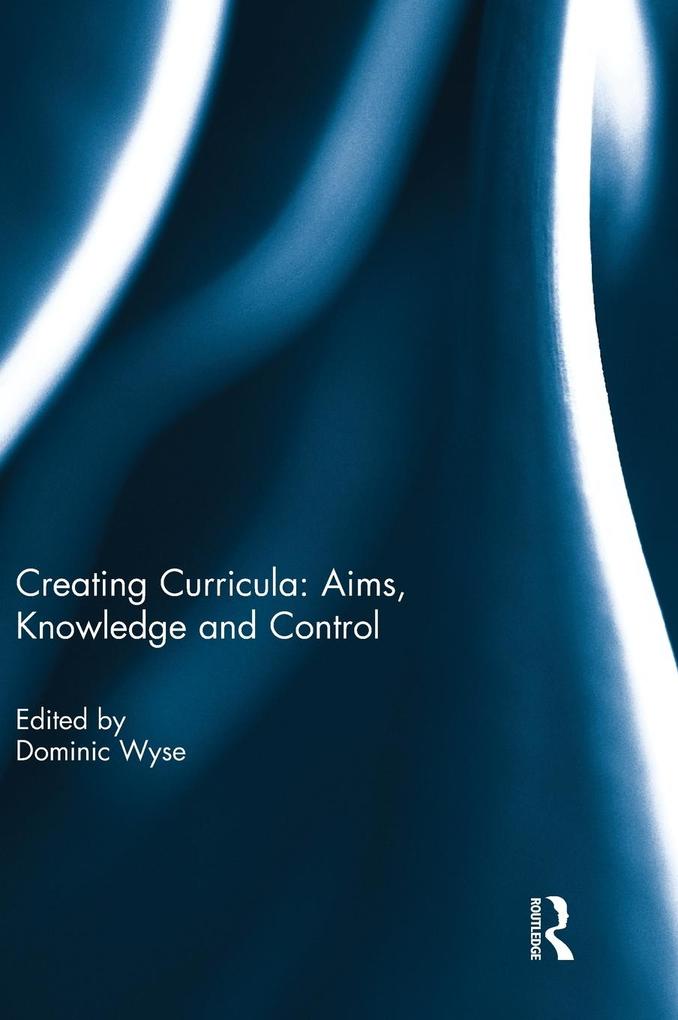
Zustellung: Mi, 14.05. - Sa, 17.05.
Versand in 1-2 Wochen
VersandkostenfreiBestellen & in Filiale abholen:
Convincing arguments that knowledge needs to be 'brought back' to the curriculum, and the attention of curriculum researchers, and a growing emphasis on international educational comparisons, has resulted in a 'crisis' in curriculum studies. Building on seminal work in the sociology and philosophy of education in order to develop new foundations for curriculum study, and using the importance of 'transactions' as the context for understanding knowledge in the curriculum, this book suggests a rapprochement in the field around the idea of curriculum knowledge as both constructed and real. This book was originally published as a special issue of The Curriculum Journal.
Inhaltsverzeichnis
Introduction - Creating curricula: aims, knowledges, and control 1. What is a curriculum and what can it do? 2. Knowledge and the curriculum 3. Pragmatising the curriculum: bringing knowledge back into the curriculum conversation, but via pragmatism 4. Downgraded curriculum? An analysis of knowledge in new curricula in Scotland and New Zealand 5. An aims-based curriculum illustrated by the teaching of science in schools 6. Two contrasting Australian Curriculum responses to globalisation: what students should learn or become 7. Dysfunctional dichotomies? Deflating bipolar constructions of curriculum and pedagogy through case studies from music and history 8. Curriculum and assessment reform gone wrong: the perfect storm of GCSE English
Produktdetails
Erscheinungsdatum
05. September 2016
Sprache
englisch
Seitenanzahl
164
Herausgegeben von
Dominic Wyse
Verlag/Hersteller
Produktart
gebunden
Gewicht
516 g
Größe (L/B/H)
260/183/14 mm
ISBN
9781138693623
Entdecken Sie mehr
Bewertungen
0 Bewertungen
Es wurden noch keine Bewertungen abgegeben. Schreiben Sie die erste Bewertung zu "Creating Curricula" und helfen Sie damit anderen bei der Kaufentscheidung.










